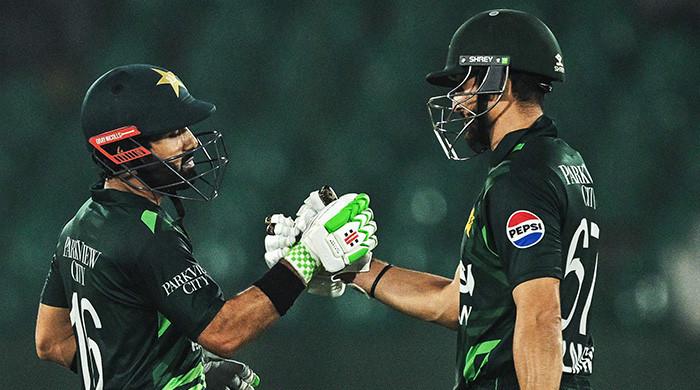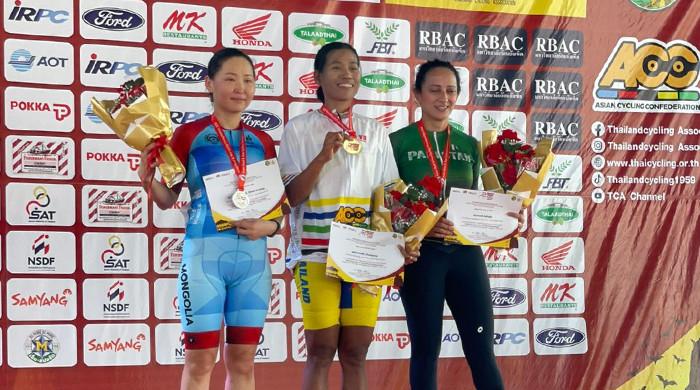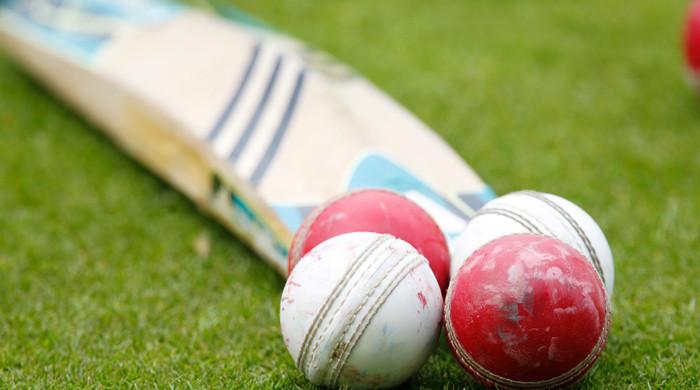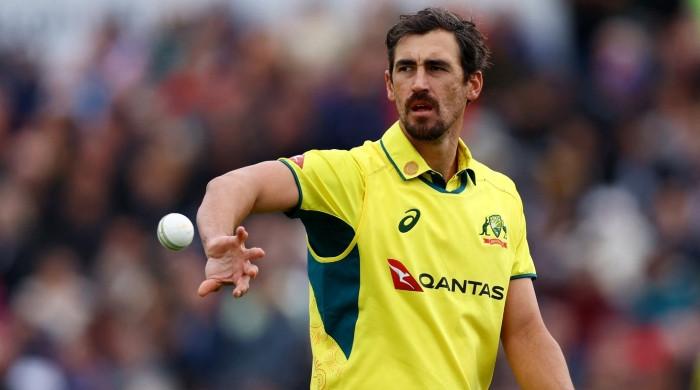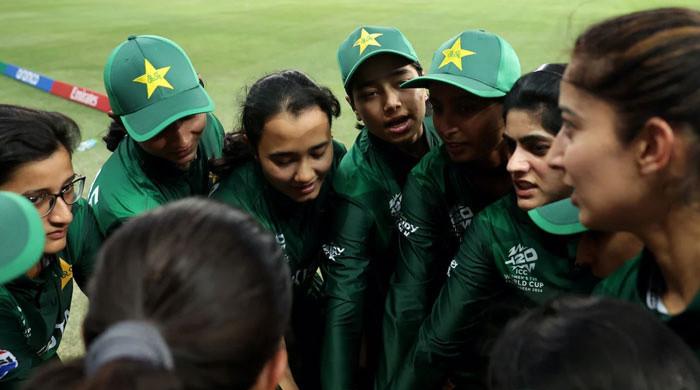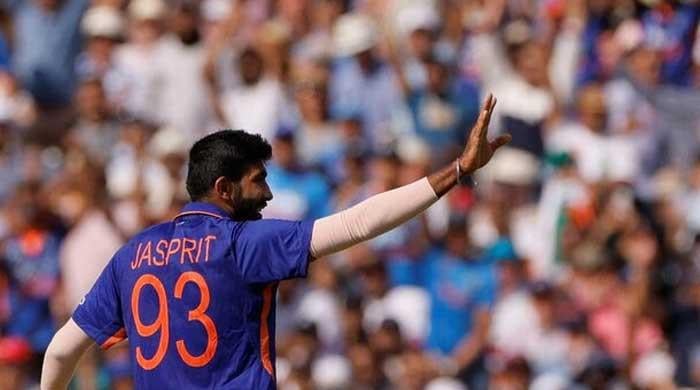Spanish women footballers end boycott as federation commits to changes
Strike began after Rubiales's controversial kiss on Hermoso, which sparked nationwide debate about gender bias in sport
September 21, 2023
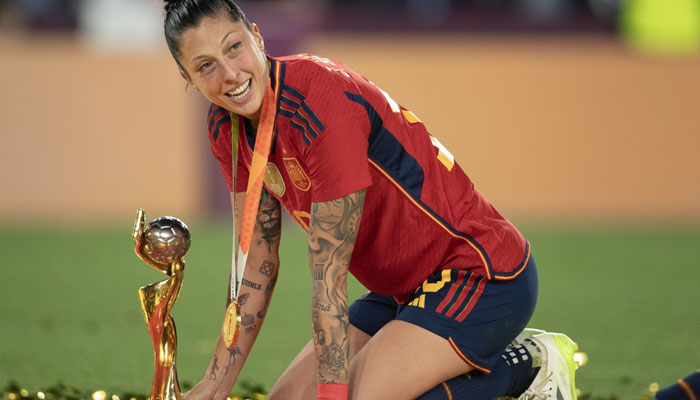
Spain's victorious Women's World Cup squad has decided to terminate their boycott of the national team following significant commitments for reform from the country's football federation (RFEF).
The breakthrough came after more than seven hours of deliberations at a hotel near Valencia, involving players, RFEF officials, the National Sports Council (CSD), and the women's players' union FUTPRO.
As part of the agreement, between six to nine high-ranking RFEF officials will either step down or face dismissal.
The development was confirmed shortly before the RFEF formally removed its secretary general, Andreu Camps, from his role.
The list of departing RFEF officials was compiled during a lengthy meeting that concluded early on Wednesday, with some names put forward by the players themselves.
The players' boycott had been ongoing due to their demand for broader reforms within the RFEF, which intensified after former RFEF president Luis Rubiales kissed Jenni Hermoso during the World Cup presentation ceremony.
A joint commission comprising representatives from the RFEF, CSD, and players will be established to oversee the agreed-upon changes.
In a symbolic move towards equality, the RFEF has removed the term "female" from the women's national team's official brand, bringing it in line with the men's squad. Both teams will now be known as the "Spanish national football team."
The specifics of other reforms have not yet been made public, but the RFEF has released a statement pledging to provide the players with a 'safe environment'.
Earlier this week, the players, who were predominantly selected for upcoming games, had declared their intention to make the "best decision" for their future and health. They also raised concerns about the call-up process, alleging that it did not adhere to FIFA's regulations.
Players faced potential sanctions, including fines of up to €30,000 and suspension of their federation licenses for two to fifteen years if they refused the call-up.
While twenty players initially boycotted the team, all reported for training on Tuesday. However, two players, Mapi Leon and Patri Guijarro, decided to leave the squad, citing their mental readiness and the need to witness a process of change.
Victor Francos, the CSD President, assured that players who withdrew from the squad would not face sanctions.
The player revolt began after Rubiales's controversial kiss on Hermoso, which sparked a nationwide debate about gender bias in sport and eventually led to Rubiales's resignation.
Spain is now preparing for their debut in the Women's Nations League, with their first match against Sweden in Gothenburg on Friday, followed by a game against Switzerland in Cordoba on September 26.
The Nations League will determine which European teams qualify for the 2024 Paris Olympic Games.




